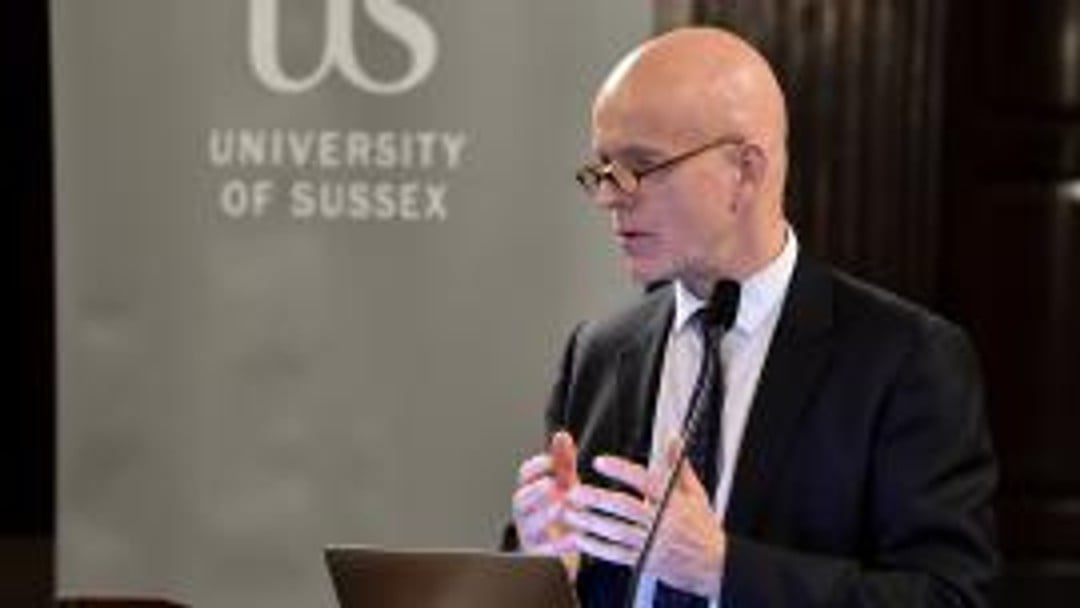Lord Justice Fulford: 'Ill-informed' lawyers 'misunderstand' flexible court pilot

Letter from senior judge sets out to 'demystify' pilot scheme, but ends up angering practitioners
The senior judge charged with reforming and modernising the courts service has said he regrets “widely-broadcast misunderstandings and ill-informed comments” from lawyers over a controversial pilot scheme that will extend court hours.
In a letter intended to “demystify” the pilot and calm solicitors’ and barristers’ concerns over early and late sittings at civil, crown, and magistrates’ courts, Lord Justice Fulford said it was important to improve the courts estate as it was “hard to justify spending scarce funds” on underutilised courts.
However, the Lord Justice of Appeal wrote that the pilot, which will involve six courts across the country, was not “a disguised attempt to persuade, or force, judges, court staff, legal professionals and others to spend more time at court than they do at present”.
Lawyers have raised a number of concerns about flexible court hours, including the likelihood of the reforms having an adverse impact on diversity in the legal professions and judiciary.
In March, the chairman of the Bar, Andrew Langdon QC, said changes to court sittings would have a big impact on women barristers as “childcare responsibilities still fall disproportionately to women”.
The Criminal Law Solicitors Association also warned the scheme was discriminatory against parent lawyers, while the Law Society said the “fundamentally flawed” plans would heap more pressure on fragile criminal legal aid firms.
Fulford LJ said he had listened to the concerns raised, but argued that it was important to go ahead with the pilot “with an entirely open mind” to see whether flexible court hours are viable.
“I am absolutely clear that a significant, detrimental impact on diversity in the professions or the judiciary is not a price the judges are willing to pay for more flexible operating hours,” he wrote.
Attempting to assuage fears the pilot is a rubber-stamping exercise, Fulford LJ said there would be a “robust and independent” evaluation of the pilot, which would consider the “diverse positions” of all court users, as well as sustainability, scalability, and access to justice questions.
“It will consider the consequences for their work and personal lives, including childcare and other like responsibilities. It will examine the time spent outside the courtroom by way of preparation and travel on the part of the lawyers and the judiciary.”
He added: “These are pilots – no more, no less. If the ideas they explore do not pass muster, then they will fade into history at the end of the six-month period.
“However, if any of the models succeed, we will consider with HMCTS the circumstances in which we may repeat the relevant arrangements on a more regular basis.”
Although there is as yet no plan for a national roll out of flexible hours, Fulford LJ said there may be some courts where extended hours will increase access to justice and enable the more effective use of court buildings without having a detrimental effect on those who use them.
If Fulford LJ’s intervention was meant to pacify practitioners it does not seem to have worked, however, with some lawyers taking to social media to vent their frustration at the judge’s letter.
In addition to push back from lawyers, members of the judiciary have also spoken out against the pilot. In the comments section of a recently published HMCTS blog post, His Honour Judge Blair QC described the pilot as “the most retrograde step in terms of diversity in my memory”.
On the same post, His Honour Judge Ticehurst said “as long as I am Resident Judge at Taunton Crown Court the nonsense that is the FOH scheme will not happen here”.
“There is a very good reason that the courts traditionally sit 10:00 am until about 4:30 pm and that these hours have not been changed. It is because it works,” he wrote.
The pilots will take place over six months at Blackfriars Crown Court, Brentford County Court, Highbury Corner Magistrates’ Court, Manchester Civil Justice Centre, Newcastle Crown Court, and Sheffield Magistrates’ Court.
Photo credit: University of Sussex
John van der Luit-Drummond, deputy editor
john.vanderluit@solicitorsjournal.co.uk | @JvdLD
